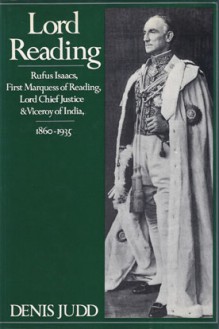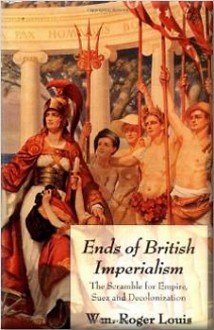




William Roger Louis is a giant among scholars of British imperialism. The editor of the Oxford History of the British Empire, for nearly half a century his scholarship has helped define the field. Now, on the fiftieth anniversary of the Suez crisis he has collected his essays related to that defining episode. These not only cover the incident itself but a number of related topics – for as he explains, “the Suez crisis can be studied as an episode in decolonization and that decolonization itself . . . can best be understood in the context of the long colonial era extending from the British occupation of Egypt in 1882 to the death of Nasser in 1970 and the withdrawal of all troops East of Suez in the following year.”
Louis groups these essays into ten categories. After an introductory overview of Suez and decolonization, he provides an essay on colonial empires in the late 19th and early 20th centuries and four on “the scramble for Africa”. These are followed by four which examine the First World War and the mandates system, two on the British possessions of Singapore and Hong Kong, and four on India, Palestine and Egypt, which are linked together by the theme of impending independence. After five essays on decolonization in general, he includes six on aspects of the Suez crisis itself and four more on Britain’s withdrawal from the rest of the Middle East in its aftermath before finishing with three essays on the historiography of his field.
Though all but one of these essays have been published before now, bringing them together allows Louis to draw out three main themes. The first is the one which occasioned the volume – the study of Suez in the broader context of decolonization. This last, failed effort to hold onto the empire through force led the British to attempt to maintain some vestige of their influence through more informal means, which is the second theme of his collection. Finally, as British control gradually slipped, new states emerged throughout Africa and Asia; it is the consequences of their emergence which forms the final theme Louis emphasizes.
Taken together, these essays represent a formidable body of work on one of the key developments of modern times. Though some of the essays have been reworked, the basic scholarship within them remains as informative and insightful as it was when they were first published. Delving into the pages of this book provides insight not only into the demise of the British Empire, but into how it shaped and defined the world in which we live today. No student of British imperial history should be without this volume, and anyone interested in understanding the twentieth century will profit from reading it.